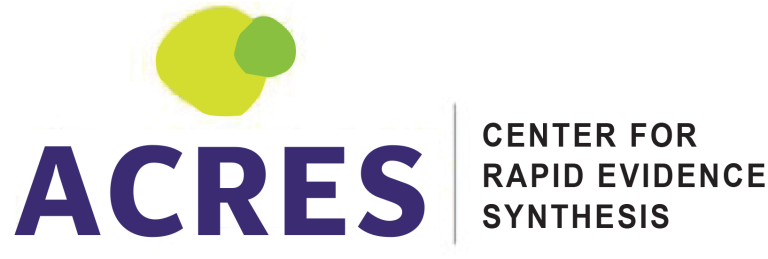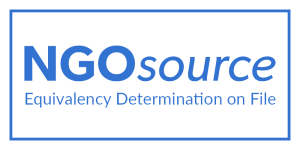
New Evidence Gap Map Launches to Strengthen Environmental Advocacy in Uganda
The Center for Rapid Evidence Synthesis (ACRES), in partnership with Earth & Rights Initiatives Uganda (ERI), is announces the launch of a new interactive Evidence
Using evidence to improve lives in Uganda
ACRES looked at similar misoprostol distribution programs worldwide but realized the value of locality. They spent time understanding and interpreting local norms, beliefs, and power
Evidence for informing health policy development in Low-income Countries (LICs): perspectives of policy actors in Uganda
Although there is a general agreement on the benefits of evidence informed health policy development given resource constraints especially in Low-Income Countries (LICs), the definition
Task shifting in maternal and child health care: An evidence brief for Uganda
There is a shortage and maldistribution of medically trained health professionals to deliver cost-effective maternal and child health (MCH) services. Hence, cost-effective MCH services are
Embedding rapid reviews in health policy and systems decision-making: Impacts and lessons learned from four low- and middle-income countries
Demand for rapid evidence-based syntheses to inform health policy and systems decision-making has increased worldwide, including in low- and middle-income countries (LMICs). To promote use
Feasibility of a rapid response mechanism to meet policymakers’ urgent needs for research evidence about health systems in a low income country: a case study
Despite the recognition of the importance of evidence-informed health policy and practice, there are still barriers to translating research findings into policy and practice. The
Evaluation evidence for public procurement policymaking in Uganda
This policy brief discusses findings from a case study conducted to illustrate how evidence from an evaluation informed decision- and policymaking of a major reform,


